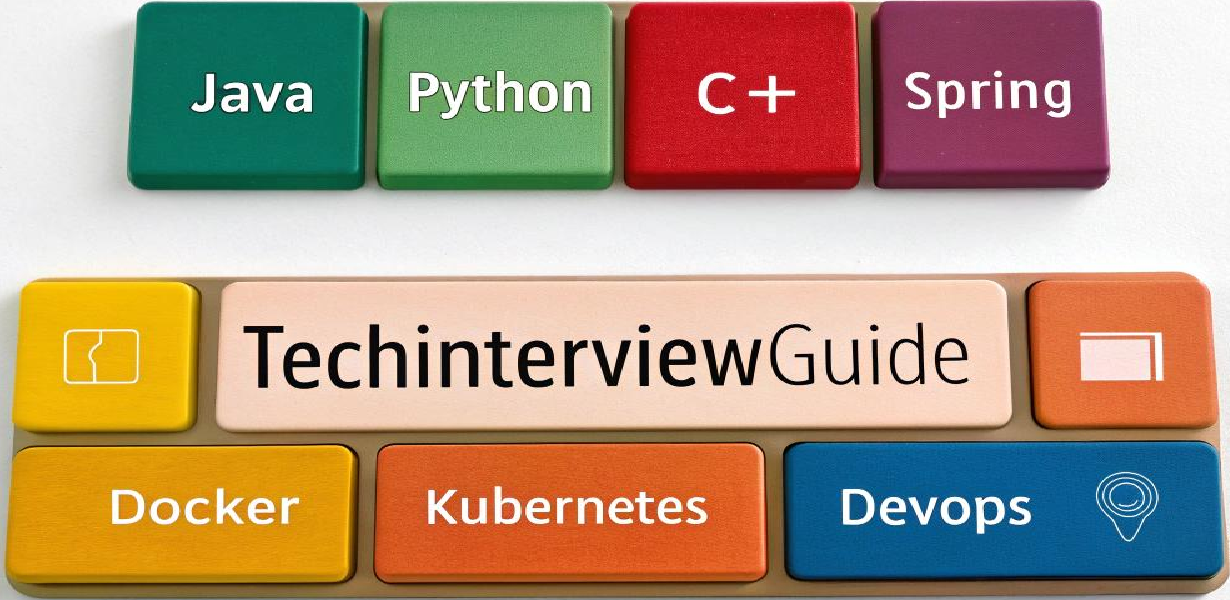Java’s Timer class is a powerful tool for scheduling tasks at fixed-rate or fixed-delay intervals. While it’s convenient for performing repeated actions or scheduling a one-time task, it comes with some potential pitfalls, especially when it comes to error handling. Specifically, what happens when a TimerTask throws an exception during its execution?
In Java, when a TimerTask throws an uncaught exception, it has a significant effect on the Timer object. Typically, the exception is not propagated outside the task itself, but it can lead to some unexpected behaviors if not handled correctly. The task will be terminated, and depending on the nature of the exception, the Timer may continue or stop working entirely.
What Happens Internally?
The Timer class runs tasks in a single background thread. When a TimerTask throws an exception during its execution, the default behavior is that the exception is caught by the Timer itself. However, this will cause the task that threw the exception to be terminated. If the exception is thrown in a recurring task, the task will no longer be executed on subsequent intervals, which may not be the desired behavior in many cases.
Moreover, after the exception is thrown, the Timer thread continues to run, but no further tasks will be executed until the Timer is explicitly canceled or stopped.
Handling Exceptions in TimerTask
To prevent your program from unexpectedly terminating tasks due to an exception, you should always handle exceptions inside your run() method of the TimerTask. By catching and managing exceptions, you ensure that the timer keeps running and other tasks remain unaffected.
Here’s a simple code example demonstrating how exceptions can cause issues, and how to handle them properly:
import java.util.Timer;
import java.util.TimerTask;
public class TimerTaskExceptionDemo {
public static void main(String[] args) {
Timer timer = new Timer();
TimerTask task = new TimerTask() {
@Override
public void run() {
System.out.println("Task started...");
if (Math.random() > 0.5) {
throw new RuntimeException("Simulated Exception");
}
System.out.println("Task completed without errors.");
}
};
try {
timer.schedule(task, 0, 1000);
} catch (Exception e) {
System.out.println("Caught exception: " + e.getMessage());
}
}
}
In this code, we intentionally throw an exception during the execution of the run() method. As you can see, after an exception occurs, the task is interrupted and may stop running in future intervals. This highlights the importance of managing exceptions within the task itself.
Best Practices to Handle Exceptions in TimerTask
To improve the robustness of your application and handle exceptions gracefully in a TimerTask, follow these best practices:
- Use try-catch blocks inside your
run()method to catch exceptions and handle them accordingly. - Log the exception details for debugging purposes so you can trace back any issues.
- If a task is critical, consider using
ScheduledExecutorServiceinstead ofTimerfor better error handling and concurrent task execution. - Use custom exception handling logic to handle different types of exceptions differently (e.g., retry logic for transient errors).
Here’s an improved version of the previous code that includes exception handling to ensure that the Timer continues its work even if an exception occurs:
import java.util.Timer;
import java.util.TimerTask;
public class TimerTaskExceptionHandling {
public static void main(String[] args) {
Timer timer = new Timer();
TimerTask task = new TimerTask() {
@Override
public void run() {
try {
System.out.println("Task started...");
if (Math.random() > 0.5) {
throw new RuntimeException("Simulated Exception");
}
System.out.println("Task completed without errors.");
} catch (Exception e) {
System.out.println("Exception caught: " + e.getMessage());
}
}
};
timer.scheduleAtFixedRate(task, 0, 1000);
}
}
In this version, we’ve enclosed the code inside the run() method within a try-catch block to ensure that any exceptions are caught and logged without affecting the scheduling of future tasks.
Alternatives to Timer for Better Exception Handling
While Timer is a simple and effective solution for task scheduling in many scenarios, it has some limitations, especially when it comes to exception handling. If your task execution requires robust error handling or you need concurrency, consider using ScheduledExecutorService.
import java.util.concurrent.Executors;
import java.util.concurrent.ScheduledExecutorService;
import java.util.concurrent.TimeUnit;
public class ScheduledExecutorServiceDemo {
public static void main(String[] args) {
ScheduledExecutorService executor = Executors.newScheduledThreadPool(1);
Runnable task = () -> {
try {
System.out.println("Task started...");
if (Math.random() > 0.5) {
throw new RuntimeException("Simulated Exception");
}
System.out.println("Task completed without errors.");
} catch (Exception e) {
System.out.println("Exception caught: " + e.getMessage());
}
};
executor.scheduleAtFixedRate(task, 0, 1, TimeUnit.SECONDS);
}
}
The ScheduledExecutorService provides better control over concurrency, exception handling, and thread management. It also allows for more flexible and powerful scheduling mechanisms compared to the Timer class.
Conclusion
In Java, when a TimerTask throws an exception, it interrupts the task and prevents further executions of that task. To ensure the continued operation of scheduled tasks, always handle exceptions inside your TimerTask implementation. For complex scheduling and error handling, consider using alternatives like ScheduledExecutorService for better flexibility and control. By following these practices, you can build more robust, reliable, and error-resilient applications.


I am extremely inspired together with your writing skills and also with
the structure on your blog. Is this a paid topic or did you customize it yourself?
Anyway keep up the nice quality writing, it’s rare to look a great weblog like this one these days.
Blaze AI!